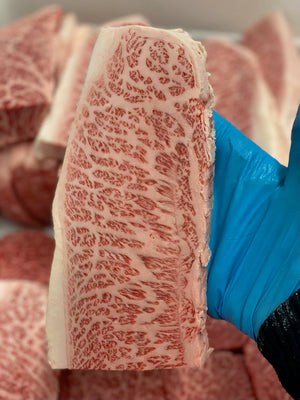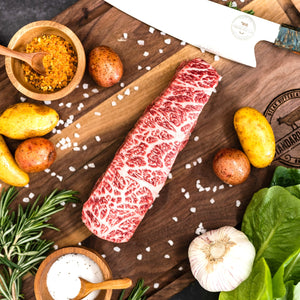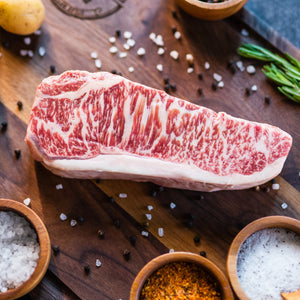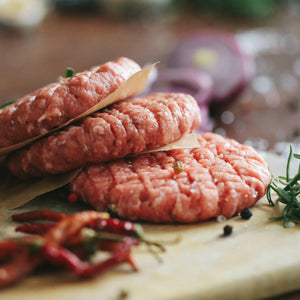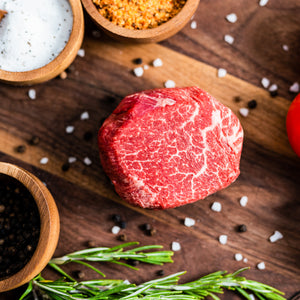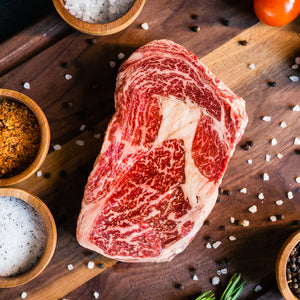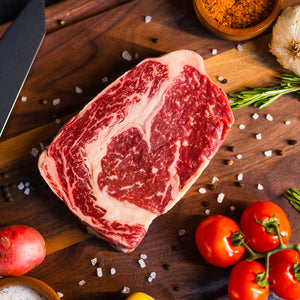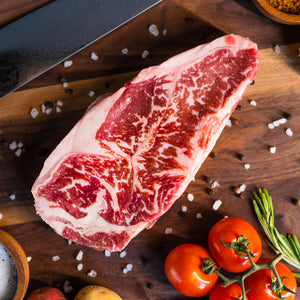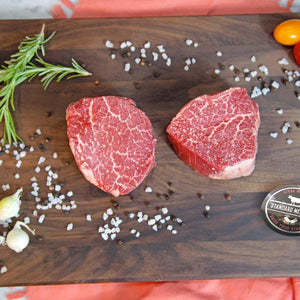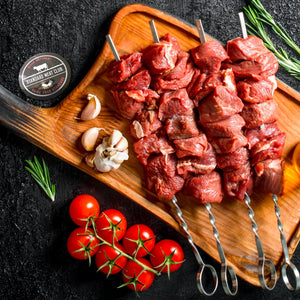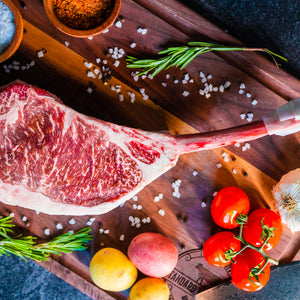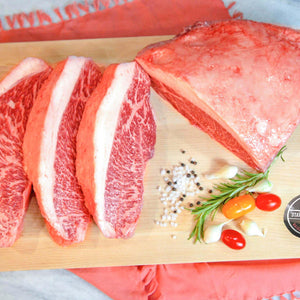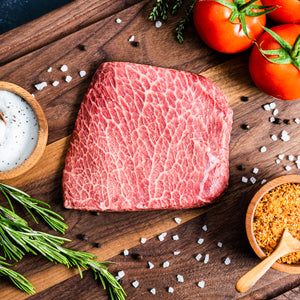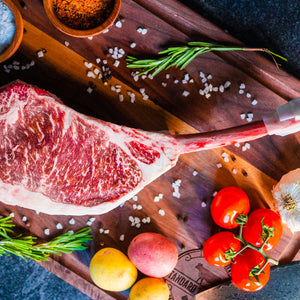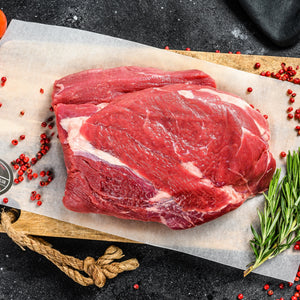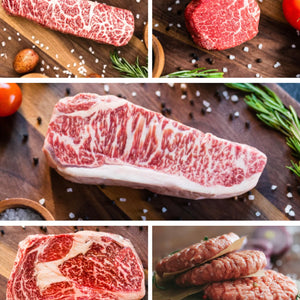Beef Marbling Score: Understanding the Key Indicator of Beef Quality
Feb 07, 2023
Beef Marbling Score (BMS) is an important factor in evaluating the quality of beef. The BMS ranges from 1 to 12, with 12 being the highest score, and is assigned based on the amount and distribution of intramuscular fat, or marbling, in the meat. Marbling is a key factor in determining the flavor, tenderness, and juiciness of the beef.
When it comes to grading beef, different countries have different standards and classifications. In the United States, the USDA Prime beef is considered the highest quality and has a BMS score that maxes out around 5. This beef is known for its rich flavor and tenderness, making it a popular choice for high-end restaurants.
Australian Wagyu beef is another premium grade of beef that is highly prized for its marbling and flavor. Australian Wagyu beef has a BMS score of 7-12 and is known for its rich, buttery flavor and melt-in-your-mouth tenderness.
Japanese A5 beef is the highest grade of beef in Japan and is considered the ultimate in luxury. The BMS score for Japanese A5 beef ranges from 9-12, and it is known for its exceptional marbling and flavor. Japanese A5 beef is considered one of the best beefs in the world and is highly sought after by top chefs and food enthusiasts.
In conclusion, BMS is a critical factor in determining the quality and flavor of beef. Whether you are choosing USDA Prime, Australian Wagyu, or Japanese A5, it is important to consider the BMS score to ensure that you are getting the best quality beef for your needs. Whether you are a restaurant owner or home cook, investing in high-quality beef with a high BMS score is a sure way to elevate your dishes and impress your guests.

